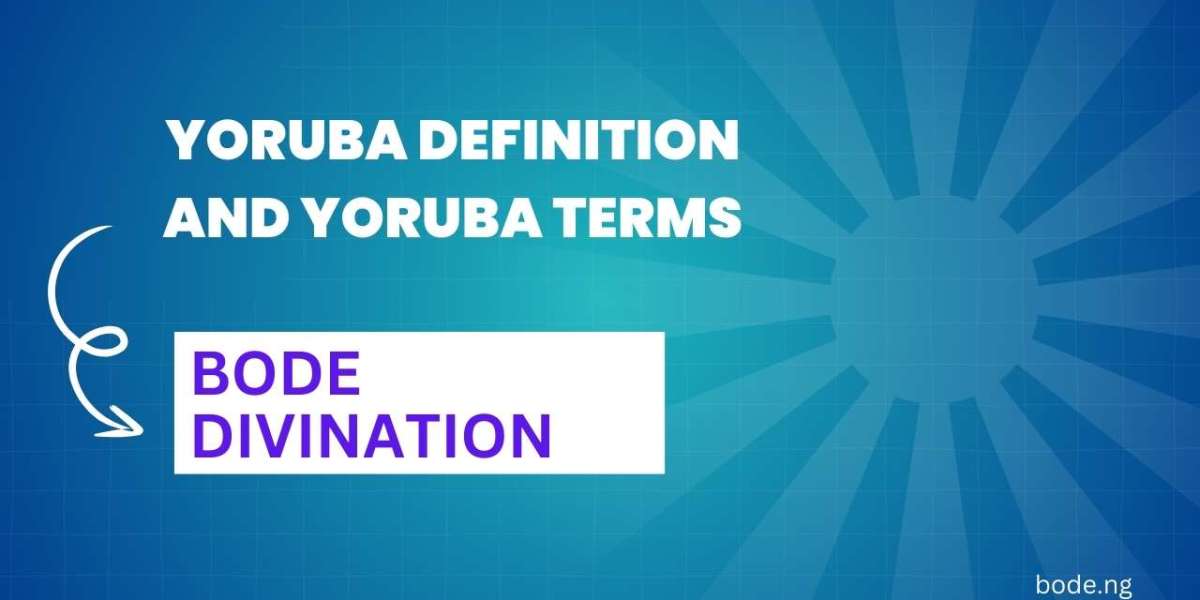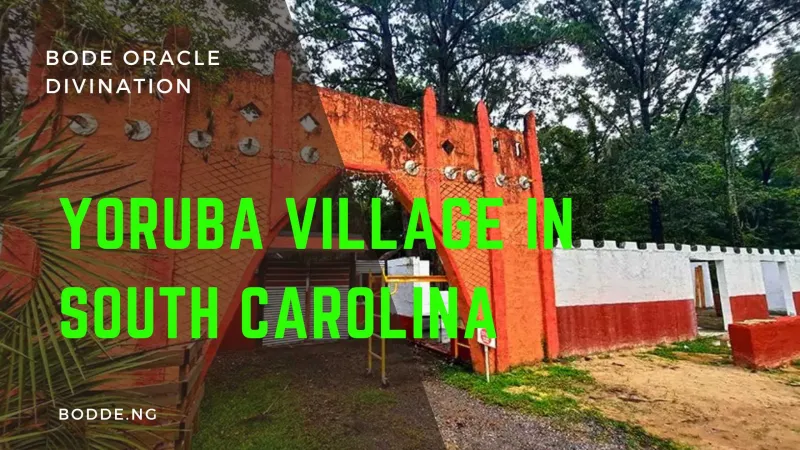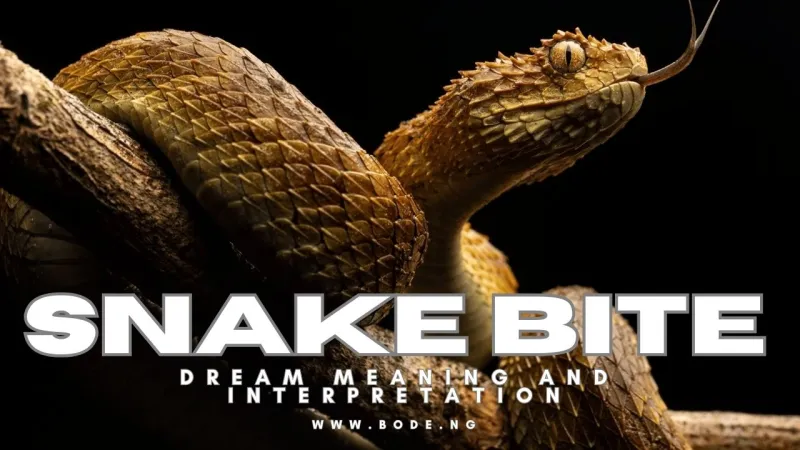The term Yoruba refers to both a prominent ethnic group and a widely spoken language primarily found in Nigeria and neighbouring countries like Benin and Togo.
The Yoruba people are one of the largest ethnic groups in Africa, with a population of over 40 million. They are well-known for their rich cultural heritage, which includes vibrant traditions in music, art, dance, and spirituality.
The Yoruba language, which belongs to the Niger-Congo language family, is spoken by millions of people across the globe. It is recognized for its diversity, with numerous dialects such as Oyo, Ijebu, Egba, and Ekiti, reflecting the variety within Yoruba communities.
A unique feature of the language is its tonal nature, meaning that the pitch or intonation of a word can change its meaning entirely. For instance, the word "owo" can mean "broom," "hand," or "respect," depending on the tone used.
Beyond being an ethnic group and a language, "Yoruba" represents a way of life deeply rooted in cultural practices, spiritual beliefs, and a shared history.
From their elaborate traditional festivals and ceremonies to their religious systems centred around the worship of Orisa (deities), the Yoruba people embody a rich and enduring legacy that continues to influence societies around the world.
See More Trending Posts
Yoruba Alphabet And Pronunciation
Yoruba Mythology Deities And Orisa
Ifa Yoruba A Global Spiritual Practice
Understanding Yoruba Definition and Context
Ethnic Group
The Yoruba people are one of the largest ethnic groups in Africa, primarily located in southwestern Nigeria, with significant populations in neighbouring countries like Benin, and Togo, and even the diaspora, particularly in Brazil, Cuba, and the United States.
Yoruba communities are known for their vibrant traditions, rich history, and contributions to global culture, including music, art, literature, and religion. Yoruba society is historically organized into kingdoms, with each kingdom ruled by an Oba (king). Some prominent Yoruba cities include Ibadan, Ile-Ife, Oyo, and Lagos, each with its unique historical significance.
Yoruba Language
The Yoruba language belongs to the Niger-Congo family and is spoken by over 40 million people worldwide. It features multiple dialects such as Ekiti, Ijesha, Egba, and Oyo, among others. Yoruba is tonal, meaning that the intonation used when pronouncing a word can alter its meaning. For example:
owó (hand)
òwò (respect)
owò (broom)
This tonal nature makes Yoruba both challenging and fascinating to learn. The language is written in the Latin script, with diacritical marks indicating tones.
Read More
Yoruba Tribal Markings And Cultural Significance
Yoruba Cultural Identity
In a broader sense, Yoruba represents a cultural identity defined by its traditions, practices, and worldview. Yoruba culture is deeply intertwined with its spirituality, featuring an elaborate system of beliefs centred around Orisa (deities) and Ifa divination.
Yoruba religion has significantly influenced global spiritual practices, giving rise to traditions like Santería in Cuba and Candomblé in Brazil. The Yoruba calendar marks significant cultural and religious events, highlighting the community's connection to nature, spirituality, and tradition.
Yoruba Terms and Their Meanings
The Yoruba language is rich with expressions, proverbs, and terms that reflect its cultural values and philosophy. Below are some commonly used Yoruba terms and their meanings:
Greetings
- E kaaro – Good morning
- E kaasan – Good afternoon
- E kuule – Welcome
- E ku ishe – Well done (a way of appreciating someone’s effort)
Family and Relationships
- Baba – Father
- Iya – Mother
- Omo – Child
- Aburo – Younger sibling
- Egbon – Older sibling
Yoruba Cultural Terms
- Oriki – Praise poetry or appellation unique to individuals or families, often used to celebrate lineage and achievements.
- Ase – A spiritual force that enables individuals to manifest their will and intentions.
- Oba – King or traditional ruler.
- Olorun – God or Supreme Being.
- Eleda – Creator.
Yoruba Religious Terms
- Orisa – Deity or divinity in the Yoruba traditional religion.
- Ifa – A system of divination and wisdom central to Yoruba spirituality.
- Babalawo – A male priest of Ifa.
- Iyalorisa – A female priestess.
- Esu – A trickster deity associated with communication and decision-making.
People Also Read
All What To Know About Esu Yoruba
Brazil Yoruba And The Yoruba in Brazil
The Significance of Yoruba Terms
Yoruba terms are more than just words; they carry the essence of the people’s values, history, and worldview. The use of proverbs and idiomatic expressions reflects a deep appreciation for wisdom, communal living, and respect for nature and ancestors.
The Yoruba identity is a fascinating blend of ethnicity, language, and culture. The language and its terms have also served as a vehicle for passing down oral traditions and stories that define the identity of the Yoruba people.



